Home>Articles>What Is An Open House Is And How To Make The Most Of One?
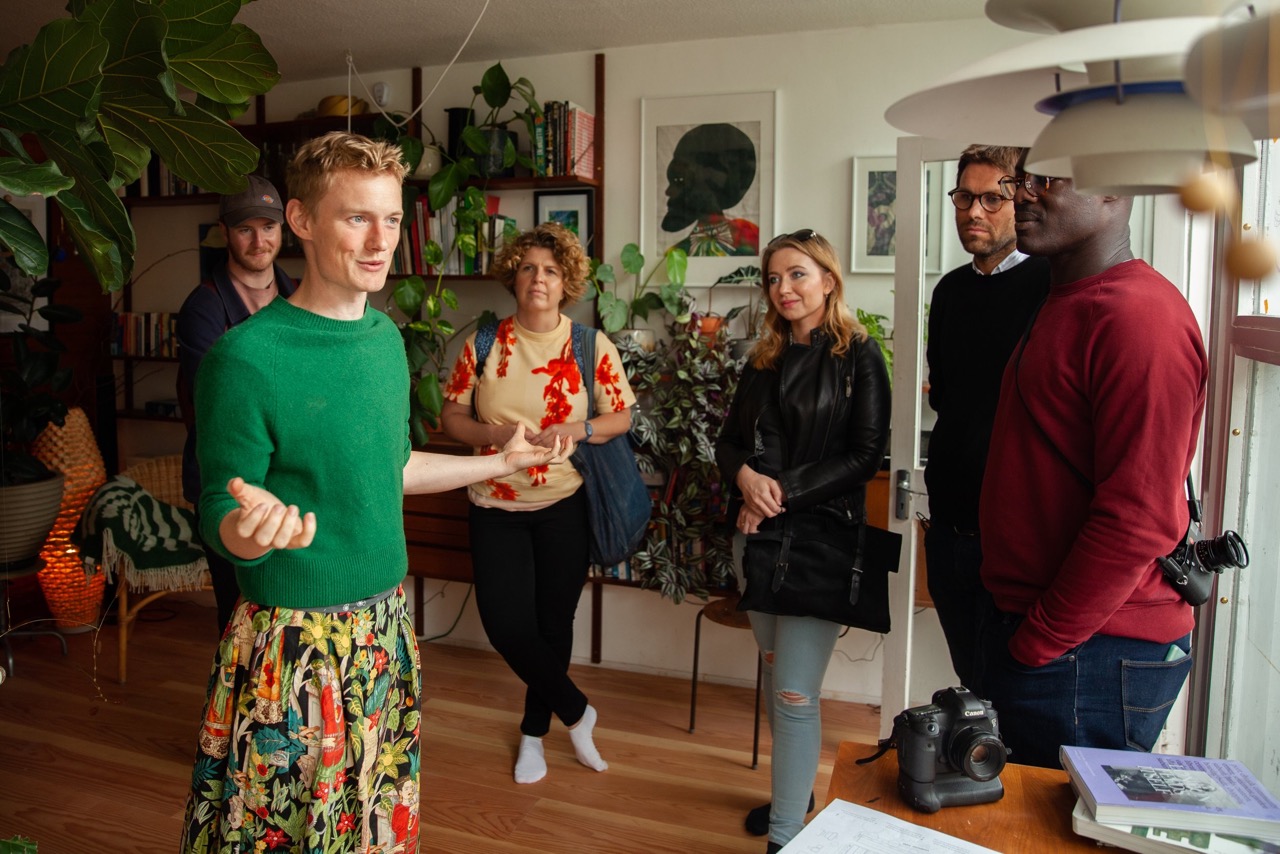

Articles
What Is An Open House Is And How To Make The Most Of One?
Modified: January 5, 2024
Learn what an open house is and discover tips to maximize your experience. Read articles on making the most of open houses to find your dream home.
(Many of the links in this article redirect to a specific reviewed product. Your purchase of these products through affiliate links helps to generate commission for Storables.com, at no extra cost. Learn more)
Why Open Houses Matter
An open house is an essential part of the real estate process that allows potential buyers to explore a property firsthand. It is a scheduled period during which a house or apartment is open to the public for viewing, which provides several benefits for both buyers and sellers.
First and foremost, open houses offer buyers the opportunity to physically experience a property before making a decision. While online listings and virtual tours are helpful, nothing compares to walking through the rooms, feeling the natural light, and imagining yourself living in the space. Open houses allow potential buyers to assess the property’s layout, size, and overall condition, making it easier to determine if it meets their needs and preferences.
Furthermore, open houses provide a low-pressure environment for potential buyers to gather information and ask questions. Unlike private showings, where buyers often feel obligated to make quick decisions, open houses allow them to take their time, explore the property at their own pace, and engage in conversations with the seller’s agent. This face-to-face interaction can be invaluable, as it provides an opportunity to obtain detailed information about the property, neighborhood, and local amenities.
For sellers, open houses are a strategic marketing technique that can attract a large number of potential buyers at once. By staging the property and creating an inviting atmosphere, sellers can showcase its best features and create a sense of competition among interested parties. Additionally, open houses generate buzz and create a sense of urgency, prompting serious buyers to make offers quickly, which can potentially lead to a faster sale and higher selling price.
In addition to attracting potential buyers, open houses also serve as an opportunity for sellers to receive valuable feedback. Observing visitors’ reactions, listening to their comments, and noting their concerns can provide valuable insights into how the property is perceived and any necessary improvements that might need to be made. This feedback can help sellers make informed decisions on pricing, staging, and marketing strategies, ultimately increasing their chances of a successful sale.
Overall, open houses matter because they facilitate the buying and selling process by connecting potential buyers with properties and providing valuable insights for both parties. Whether you are in the market for a new home or trying to sell your property, attending or hosting an open house is a crucial step that can maximize your chances of a successful transaction.
Key Takeaways:
- Open houses provide a unique opportunity for buyers to experience a property firsthand, ask questions, and gather valuable insights, ultimately aiding in making informed decisions and finding their dream home.
- Sellers can leverage open houses as a strategic marketing tool to attract potential buyers, create a sense of competition, and receive valuable feedback, ultimately increasing the chances of a faster sale at a higher price.
Read more: How To Design A One-Room House
How Open Houses Work
Open houses are a common practice in the real estate industry that allows prospective buyers to visit a property on a specified date and time without having to schedule a private showing. The purpose of an open house is to generate interest, showcase the property’s features, and provide an opportunity for potential buyers to explore the space.
Typically, the process of conducting an open house starts with the seller’s real estate agent. They will determine the most suitable date and time for the event, often choosing weekends or evenings when potential buyers are more likely to be available. The agent will then advertise the open house through various channels, such as online listings, social media, and local publications, to attract as many interested buyers as possible.
On the day of the open house, the seller’s agent will set up the property to create an inviting and welcoming atmosphere. This may involve staging the home with furniture and decor, ensuring that it is clean and presentable, and adding personalized touches to make it feel like a comfortable living space. Clear signage is also placed outside the property to guide visitors and attract attention.
During the designated hours, potential buyers and their agents can freely visit the property without needing to schedule an appointment. Upon arrival, they may be greeted by the seller’s agent or asked to sign in to track the number of visitors. Once inside, visitors can explore the property at their own pace, examining each room, taking note of key features, and envisioning themselves living in the space.
The seller’s agent is present during the open house to answer any questions that visitors may have. They will provide information about the property, highlight its unique selling points, and address any concerns or doubts. This direct interaction allows buyers to gather important details about the property, including its history, maintenance, and potential renovations.
It’s important to note that not all open houses follow the same format. Some open houses are held for a limited time, typically a few hours, while others may run throughout the day. In some cases, multiple open houses may be scheduled for a high-demand property, allowing more prospective buyers to view it. Additionally, some open houses may feature refreshments or small events to make the experience more enjoyable.
After the open house, the seller’s agent may follow up with interested buyers to gauge their level of interest, answer any lingering questions, and potentially negotiate offers. Even if a buyer does not make an immediate offer, attending an open house can influence their decision-making process, leading to a future offer or revisiting the property for a private showing.
Overall, open houses are an effective way to showcase a property and connect potential buyers with homes on the market. By providing a relaxed and informative environment, open houses play a crucial role in the buying and selling process, enabling buyers to assess properties firsthand and sellers to attract interested parties and receive valuable feedback.
Benefits of Attending an Open House
Attending an open house can be an essential step in the home-buying process. It offers numerous benefits that can help buyers make informed decisions and find their dream home. Whether you are actively searching for a property or simply exploring the market, here are some key advantages of attending open houses:
- Firsthand Experience: Open houses provide an opportunity to physically experience a property. Online listings and virtual tours can be helpful, but they cannot replicate the feeling of walking through a home, seeing the layout, and evaluating the neighborhood. Attending an open house allows you to explore the space and envision yourself living there, helping you determine if it meets your needs and preferences.
- No Pressure Environment: Unlike private showings, open houses offer a more relaxed and low-pressure environment. There is no need to schedule an appointment, and you can visit at your convenience within the designated hours. This gives you the freedom to explore the property at your own pace, ask questions, and gather information without feeling rushed or obligated to make immediate decisions.
- Access to the Seller’s Agent: The seller’s agent is typically present during an open house to offer assistance and provide information about the property. This direct interaction allows you to ask questions about the home, its history, maintenance, and any potential renovations. The seller’s agent can also provide insights into the neighborhood, nearby amenities, and the local real estate market.
- Comparative Analysis: Attending multiple open houses in the same area can help you compare different properties. You can evaluate their features, condition, and pricing to determine which one best aligns with your needs and budget. This comparative analysis can save you time and help you make a more informed decision when it comes to making an offer.
- Networking Opportunities: Open houses often attract other potential buyers and real estate professionals, providing networking opportunities. Engaging in conversations and sharing experiences with fellow visitors can offer valuable insights and perspectives. You may gain valuable information about the local market, hear about upcoming listings, or even find connections that can help you in your home search.
- Potential Negotiation Advantage: Attending an open house can give you an advantage in negotiations. By viewing the property firsthand, you can identify any potential issues or areas that may need improvement. This information can be used to negotiate a better price or request specific repairs or adjustments as part of your offer.
- Market Insight: Open houses provide a window into the local real estate market. By attending open houses in the area you’re interested in, you can get a sense of the competition, pricing trends, and the overall demand for properties. This knowledge can help you make more strategic and informed decisions when it comes to making an offer.
Attending open houses can be an invaluable part of your home-buying journey. It allows you to gather firsthand information, make comparisons, network with others, and gain insights into the local market. By taking advantage of open houses, you can increase your chances of finding the perfect home and making a confident purchase decision.
Preparing for an Open House Visit
An open house visit can be an exciting and informative experience when searching for a new home. To make the most out of your visit and ensure a smooth and efficient process, it’s important to be prepared. Here are some essential tips to help you get ready for an open house:
- Research the Property: Before attending an open house, research the property online and review the listing details. Take note of important information such as the square footage, number of bedrooms and bathrooms, and any unique features or upgrades. This will help you have a good understanding of the property and determine if it aligns with your requirements.
- Check the Open House Details: Look for the open house details, including the date, time, and location. Make sure to mark it on your calendar and plan your day accordingly. Additionally, check if there are any specific instructions or requirements for attending the open house, such as the need to sign in or wear protective shoe covers.
- Prepare a List of Questions: Think about the specific questions you may have about the property, neighborhood, or any concerns you want to address. Jot down these questions in advance, so you don’t forget to ask them during the open house. This will help you gather all the necessary information to make an informed decision.
- Bring Essential Tools: When attending an open house, it’s helpful to bring along some essential tools. This may include a notebook and pen for taking notes, a measuring tape to check room sizes, and a smartphone or camera to capture pictures or videos of areas of interest.
- Arrive Prepared: On the day of the open house, arrive a few minutes early to ensure you have enough time to park and locate the property. Dress comfortably and wear shoes that are easy to slip on and off, as some sellers may request that visitors remove their shoes before entering. Carry a bottle of water and a light snack in case the visit takes longer than expected.
- Be Respectful: While exploring the property, be mindful of the seller’s personal belongings and follow any specific instructions given by the seller’s agent. Avoid opening closed doors or cabinets unless invited to do so, and treat the property with respect.
- Take Notes and Pictures: As you tour the property, take detailed notes of your observations and any potential pros and cons. Capture pictures or videos to help you remember specific features or areas you would like to revisit later. This will be particularly useful when comparing different properties after visiting multiple open houses.
- Interact with the Seller’s Agent: Take advantage of the seller’s agent’s presence during the open house. Approach them with your questions, concerns, or any specific information you’d like to know about the property or the neighborhood. The seller’s agent can provide valuable insights and help you gather more information to aid in your decision-making process.
- Follow-Up: After attending the open house, take the time to reflect on your experience and review your notes. If you’re interested in the property, discuss with your real estate agent and consider following up with the seller’s agent to ask any additional questions or express your interest. This can help set the stage for further discussions or potential negotiations.
By preparing in advance and following these tips, you can enhance your open house visit and make the most out of your time. Being organized, informed, and respectful will help you gather valuable information and make a confident decision when it comes to finding your dream home.
What to Expect During an Open House
Attending an open house can provide valuable insights into a property and help you determine if it’s the right fit for you. Knowing what to expect during an open house will ensure you make the most of your visit. Here are some key things to anticipate:
- Greeting and Sign-In: Upon arrival, you can expect to be greeted by the seller’s agent or a representative. They may ask you to sign in, providing your name, contact information, and sometimes even your reason for attending. This helps the agent keep track of the number of visitors and follow up with potential buyers.
- Freedom to Explore: Once you’ve signed in, you’ll typically have the freedom to explore the property at your own pace. You can move from room to room, examine the layout, and assess the overall condition of the property. Keep in mind that some areas may be off-limits or locked if the seller has specified.
- Staged Property: Sellers often stage the property to make it more appealing to potential buyers. This may include furniture, artwork, and decor that showcase the space’s potential. While the staging can help you envision how the property could look, remember that these items are not typically included in the sale.
- The Seller’s Agent: The seller’s agent will be present during the open house to answer any questions you may have about the property. They can provide information about the home’s features, upgrades, and updates, as well as offer insights into the neighborhood, local amenities, and nearby schools. Don’t hesitate to approach the agent with any inquiries.
- Other Prospective Buyers: It’s important to remember that you will likely not be the only person attending the open house. Expect to see other potential buyers exploring the property as well. While this can create a lively atmosphere, be respectful of their space and give them the opportunity to view the property without interruptions.
- Observing Features and Condition: Use the open house as a chance to observe the property’s features and condition. Take note of the room sizes, architectural details, natural lighting, and the overall flow of the space. Pay attention to any potential maintenance issues such as leaks, cracks, or signs of wear and tear.
- Asking Questions: Take advantage of the seller’s agent’s presence to ask any questions you may have. Prepare a list in advance and inquire about specific details, recent renovations, utility costs, property taxes, and anything else that will help you make an informed decision. The agent’s expertise can provide valuable insights.
- Respecting Privacy: While touring the property, be mindful of the seller’s personal belongings and privacy. Avoid opening closed doors or cabinets unless explicitly invited to do so. Remember that the purpose of the open house is to help you evaluate the property, not to invade the seller’s privacy.
- Taking Notes and Photos: Bring a notepad and pen to jot down any important details or observations during the open house. Taking photos or videos can also be helpful for reference afterward. However, always ask for permission before photographing or recording any part of the property.
- Follow-Up: After the open house, take some time to review your notes, reflect on your experience, and discuss your observations with your real estate agent. If you’re interested in the property, consider following up with the seller’s agent to ask any additional questions or express your interest. This can set the stage for further discussions or negotiations.
By having a clear idea of what to expect, you can make the most of your open house visit. Take advantage of the opportunity to explore the property, interact with the seller’s agent, and gather as much information as possible to help you make an informed decision in your home-buying journey.
Arrive early to an open house to beat the crowds and have more one-on-one time with the real estate agent. This will give you a better chance to ask questions and thoroughly explore the property.
Questions to Ask at an Open House
Attending an open house provides a valuable opportunity to gather information about a property directly from the seller’s agent. To make the most out of your visit and ensure you have all the necessary details to make an informed decision, here are some important questions to ask:
- What is the asking price? Asking about the price gives you an idea of the property’s affordability and whether it fits within your budget.
- How long has the property been on the market? Knowing the duration the property has been listed can provide insight into its desirability and potential negotiation opportunities.
- Have there been any recent upgrades or renovations? Inquiring about recent improvements can help you understand the condition of the property and any potential added value.
- What are the property taxes? Understanding the property tax obligations helps you assess the ongoing costs of owning the property.
- Are there any pending or known issues with the property? Asking about any existing or potential issues, such as structural or maintenance problems, allows you to evaluate any required repairs or expenses.
- What appliances and fixtures are included in the sale? Knowing what is included or excluded in the sale can help you plan for any additional expenses or negotiation points.
- What is the neighborhood like? Inquiring about the neighborhood gives you a better sense of the area’s amenities, schools, transportation options, and overall community.
- Are there any upcoming developments or construction plans in the area? Understanding if there are any upcoming changes or potential nuisances nearby can impact your decision to purchase the property.
- What are the average utility costs for the property? Asking about utility costs allows you to estimate the ongoing expenses associated with owning the property.
- What are the nearby amenities? Inquiring about nearby amenities such as parks, shopping centers, restaurants, and recreational facilities can help you assess the convenience and quality of the area.
- Are there any restrictions or covenants? Asking about any homeowner association rules, restrictions, or covenants allows you to understand the limitations or obligations associated with the property.
- What is the seller’s timeline? Inquiring about the seller’s timeline can provide insight into their motivation to sell and potentially help in negotiating the offer or closing timeframe.
Remember to listen carefully to the seller’s agent’s responses and take notes for future reference. Additionally, don’t hesitate to ask any other questions that come to mind while you are touring the property. The goal is to gather as much information as possible to make an informed decision that aligns with your needs and preferences.
Making the Most of an Open House Experience
Attending an open house is not only an opportunity to view a potential home but also a chance to gather crucial information and insights to help you make an informed buying decision. To make the most out of your open house experience, consider the following tips:
- Come Prepared: Before attending the open house, research the property and neighborhood. Take note of any specific details or questions you have. Bring a notepad and pen to jot down important information and make observations.
- Arrive Early: Arriving early allows you to beat the crowds and have more time to explore the property. It also gives you a chance to speak with the seller’s agent before it gets too busy.
- Take a Methodical Approach: Start from the exterior and work your way through each room systematically. Take your time and pay attention to details. Open closets, cabinets, and appliances to assess storage space and functionality.
- Ask Relevant Questions: Engage in conversation with the seller’s agent and ask questions about the property, neighborhood, and any concerns you may have. Take notes on the responses to help with future comparisons.
- Be Observant: Look beyond the staging and consider the layout, natural lighting, and overall condition of the property. Note any signs of potential maintenance issues or areas that may need improvement.
- Imagine the Space as Your Own: Visualize yourself living in the property. Consider how each room would meet your needs and how the space flows. Assess if it aligns with your lifestyle and if you can envision yourself calling it home.
- Take Photos and Videos: With permission from the seller’s agent, take pictures or videos of areas that capture your interest. This will help you recall specific details and make comparisons with other properties you may visit.
- Engage with Other Visitors: Strike up conversations with other potential buyers during the open house. They may share valuable insights or experiences that could aid in your decision-making process or provide a different perspective on the property.
- Follow Up: After the open house, review your notes, photos, and videos. Reflect on your overall impression of the property. If you’re interested, reach out to your real estate agent to discuss your next steps or to inquire further about the property.
- Attend Multiple Open Houses: Viewing multiple properties within your desired area and price range will give you a comparative perspective. It will help you refine your preferences and make more informed decisions about what you truly desire in a home.
Remember, the purpose of an open house is to gather information and assess your level of interest in a property. It’s essential to balance your emotional connection with practicality to make the best decision for your future home. By implementing these strategies, you can maximize the value of your open house experiences and increase your chances of finding the perfect place to call home.
Tips for Sellers Hosting an Open House
Hosting an open house is an effective way to showcase your property to potential buyers and generate interest. To ensure a successful open house that leaves a positive impression, consider the following tips:
- Declutter and Stage: Before the open house, declutter and tidy up your home. Remove personal items, excess furniture, and any clutter that may detract from the space. Consider staging the property to create a welcoming and appealing atmosphere that allows buyers to envision themselves living in the space.
- Enhance Curb Appeal: Make a strong first impression by enhancing the curb appeal of your property. Trim the lawn, clean the exterior, and add some fresh flowers or plants. Ensure the entrance is inviting by adding a new doormat or repainting the front door.
- Deep Clean: A spotless home sends a positive message to potential buyers. Prior to the open house, thoroughly clean your property, paying attention to all areas, including windows, floors, and bathrooms. Consider professional cleaning services for a more thorough result.
- Fix Minor Issues: Attend to any minor repairs or maintenance tasks such as leaky faucets, squeaky doors, or burned-out lightbulbs. These small details can make a big difference in presenting your property as well-maintained and move-in ready.
- Showcase Key Features: Highlight the unique features of your property during the open house. Make sure all lights are on, open blinds to let in natural light, and draw attention to any special amenities or upgrades, such as a fireplace, a newly renovated kitchen, or energy-efficient appliances.
- Create an Inviting Ambiance: Set the mood for the open house by playing soft background music, lighting scented candles, or baking cookies. These small touches can create a warm and welcoming ambiance that makes potential buyers feel at home.
- Prepare Information: Create a fact sheet or brochure that includes important details about your property, such as square footage, number of bedrooms and bathrooms, recent upgrades, and the neighborhood’s amenities. Provide copies for potential buyers to take with them.
- Secure Valuables: During the open house, take precautions to secure any valuable or sentimental items, such as jewelry, sensitive documents, or electronic devices. It’s always best to err on the side of caution to protect your belongings.
- Be Available and Friendly: As the host, be present during the open house to welcome potential buyers and answer any questions they may have. Be friendly, approachable, and attentive, providing information and addressing any concerns in a professional manner.
- Request Feedback: Encourage visitors to provide feedback about their experience. Ask for their thoughts on the property or any suggestions they may have. This feedback can be invaluable in making any necessary adjustments to improve your chances of a successful sale.
- Follow Up: After the open house, follow up with interested buyers to gauge their level of interest and answer any additional questions they may have. Maintain communication with your real estate agent to discuss feedback from potential buyers and strategize next steps.
By following these tips, you can create a positive and memorable open house experience for potential buyers. Presenting your property in the best light, being attentive and friendly, and gathering feedback will help increase your chances of selling your home quickly and at the best possible price.
Conclusion
Open houses play a crucial role in the real estate process, providing buyers with the opportunity to explore properties firsthand and sellers with a platform to showcase their homes. Attending an open house allows buyers to experience a property’s layout, condition, and atmosphere while engaging with the seller’s agent and asking pertinent questions. This firsthand experience and direct interaction can help buyers make informed decisions and find their dream home.
For sellers, open houses serve as a strategic marketing tool to attract potential buyers, create a sense of competition, and generate buzz around the property. It provides an opportunity to showcase the home’s unique features, receive valuable feedback, and potentially secure a faster sale at a higher price.
Preparing for an open house visit is essential for both buyers and sellers. Buyers should research the property, prepare questions, and arrive ready to observe, take notes, and engage with the seller’s agent. Sellers need to declutter, stage, and clean their property to make a positive impression on potential buyers. They should also be prepared to be present during the open house, welcoming visitors, and providing information about the property.
During an open house, both buyers and sellers should aim to make the most of the experience. Buyers should take their time to explore, visualize themselves in the space, and gather all the necessary information to make an informed decision. Sellers should create an inviting ambiance, showcase the property’s best features, and engage with potential buyers to answer their questions and gather valuable feedback.
In conclusion, open houses offer numerous benefits for both buyers and sellers in the real estate market. They provide a platform for buyers to physically experience a property, ask questions, and gather information while allowing sellers to showcase their homes, receive valuable feedback, and create a sense of urgency among potential buyers. By understanding the importance of open houses and following the tips and suggestions outlined in this article, both buyers and sellers can navigate the open house process with confidence and maximize their chances of a successful real estate transaction.
Frequently Asked Questions about What Is An Open House Is And How To Make The Most Of One?
Was this page helpful?
At Storables.com, we guarantee accurate and reliable information. Our content, validated by Expert Board Contributors, is crafted following stringent Editorial Policies. We're committed to providing you with well-researched, expert-backed insights for all your informational needs.




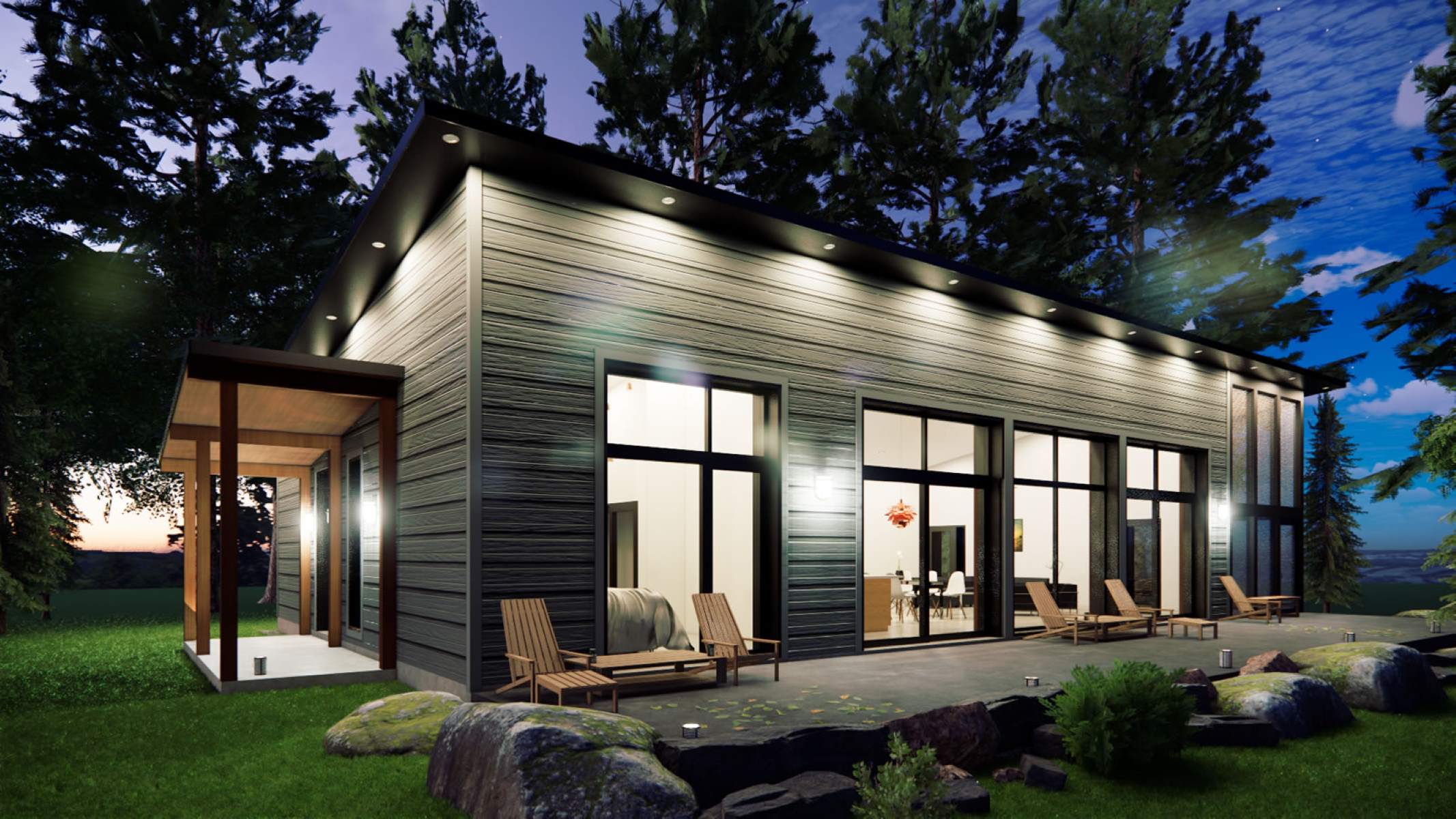
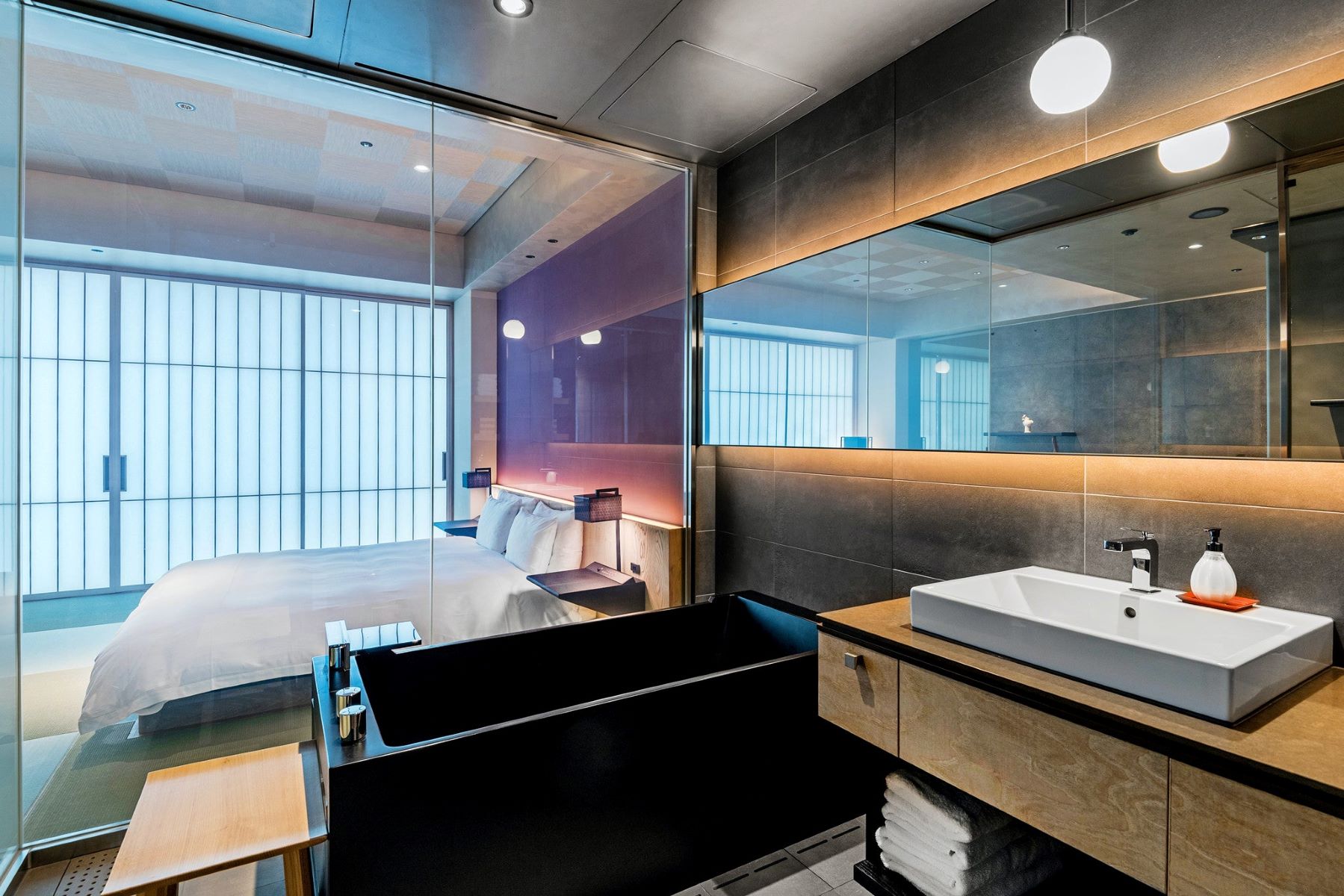

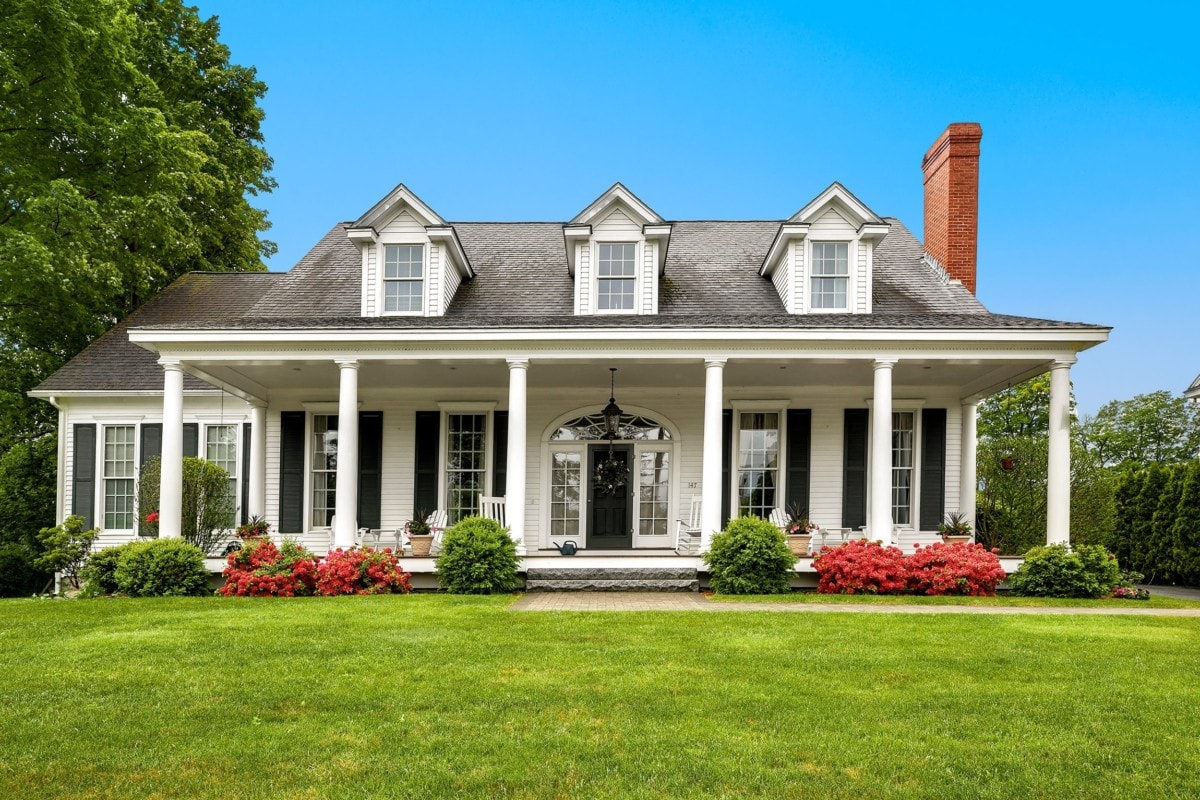

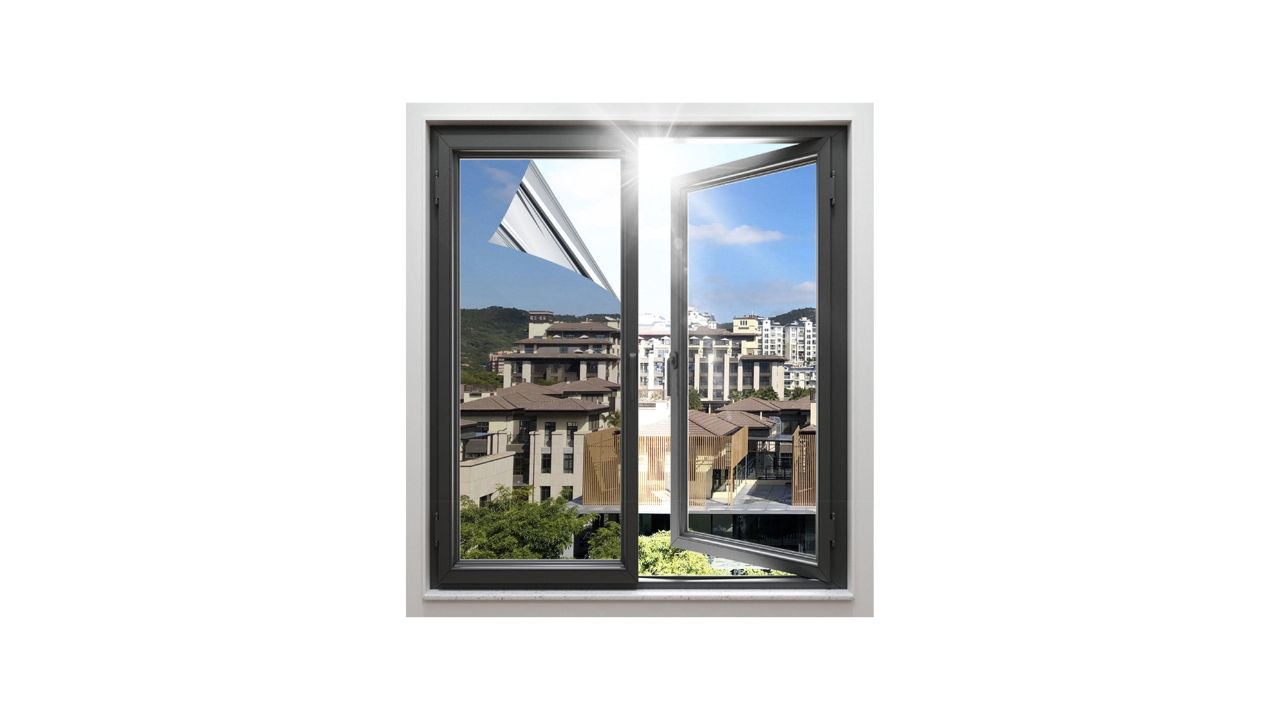

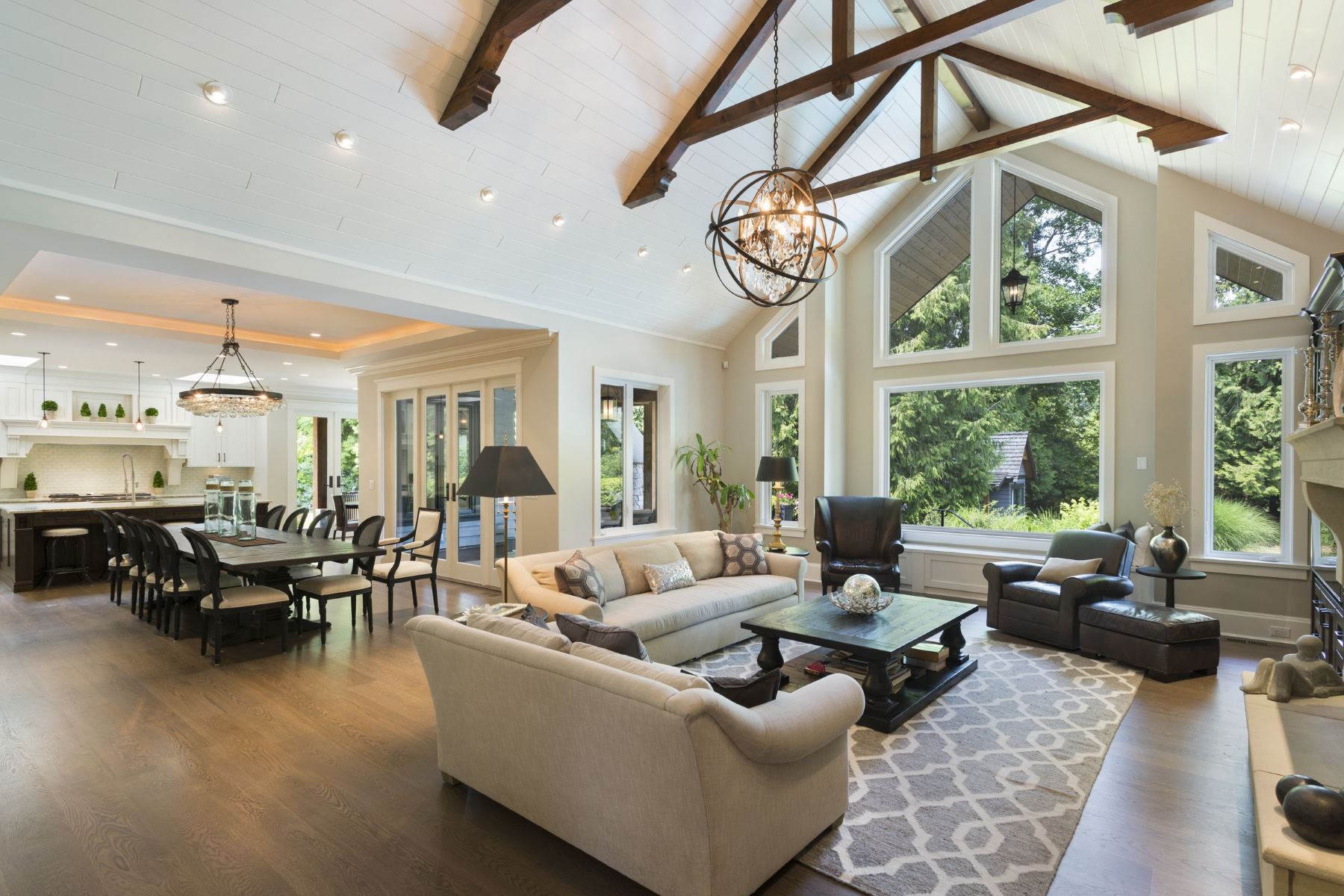



0 thoughts on “What Is An Open House Is And How To Make The Most Of One?”